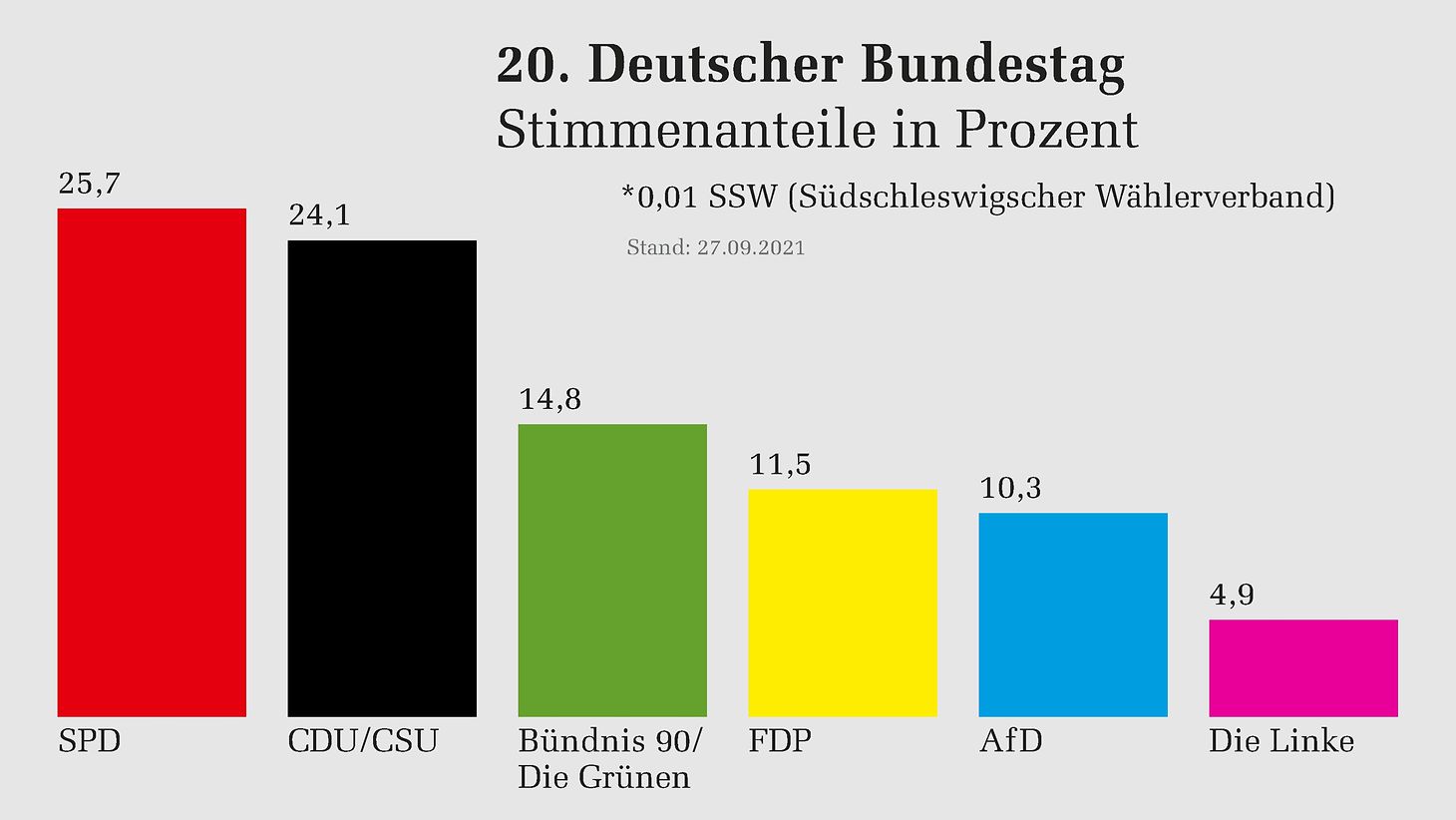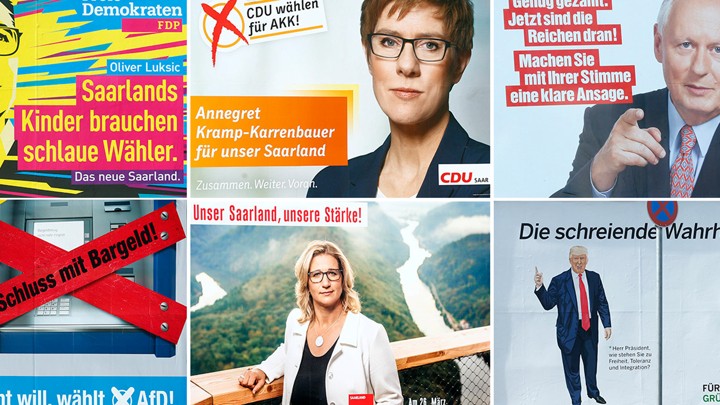Germany’s Shifting Sands: SPD, CDU, and AfD Vie for Power in Uncertain Times
BERLIN, GERMANY – Germany’s political landscape is undergoing a significant reshaping, with the Social Democratic Party (SPD), the Christian Democratic Union (CDU), and the Alternative for Germany (AfD) vying for influence in a period of considerable national and international uncertainty. The upcoming state elections and the looming federal elections are set to reveal the extent of the shifts in public opinion and the potential for new governing coalitions. While the SPD currently leads the federal government, its popularity has waned, creating opportunities for both the CDU, seeking a return to power, and the AfD, aiming to solidify its position as a major political force.
The SPD, under Chancellor Olaf Scholz, faces challenges stemming from rising inflation, energy insecurity, and concerns over the government’s handling of the war in Ukraine. Recent polls show a decline in public approval, with some surveys placing the party’s support below 20%. “The SPD needs to regain public trust by demonstrating effective solutions to the pressing economic and social issues facing the country,” commented political analyst, Dr. Anna Schmidt from the Berlin Free University. This sentiment is echoed by many commentators who point to the need for the SPD to articulate a clearer vision for the future.
The CDU, Germany’s traditionally dominant party, is attempting a comeback under its new leader, Friedrich Merz. While Merz has sought to present a more moderate image, the party continues to grapple with internal divisions and struggles to fully capitalize on the SPD’s declining popularity. Their success will depend on their ability to effectively address voter concerns about economic stability and security while simultaneously appealing to a broader electorate. A recent poll by INSA showed the CDU hovering around 25% support, indicating a potential for growth but also highlighting the uphill battle ahead.
The AfD, a right-wing populist party, continues to gain traction, fueled by anxieties surrounding immigration, economic inequality, and the perceived failures of mainstream politics. Their consistent presence in state parliaments and their growing electoral support, currently polling around 15-20% depending on the survey, present a significant challenge to the established parties. However, the AfD’s controversial stances on various social and political issues remain a barrier to broader acceptance and potential coalition partnerships. “The AfD’s rise reflects a growing dissatisfaction with the status quo,” noted political scientist Professor Thomas Müller from the University of Cologne, “but their success hinges on their ability to moderate their rhetoric and present a more cohesive policy platform.”
The future political dynamics in Germany will likely be shaped by the outcomes of upcoming state elections, which will serve as important indicators of public sentiment. The ability of the SPD to address the pressing economic and social challenges, the CDU’s capacity to rebuild its image and appeal to a wider electorate, and the AfD’s continued rise and potential impact on coalition formations will all play crucial roles in determining the trajectory of German politics in the coming years. The next federal elections will be a critical test of these evolving forces, potentially leading to unprecedented coalition arrangements and a significant reshaping of the German political landscape.



